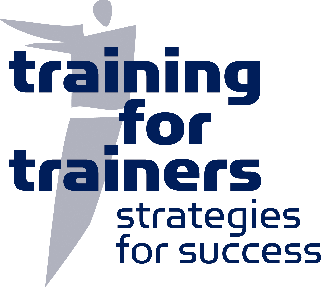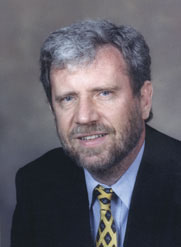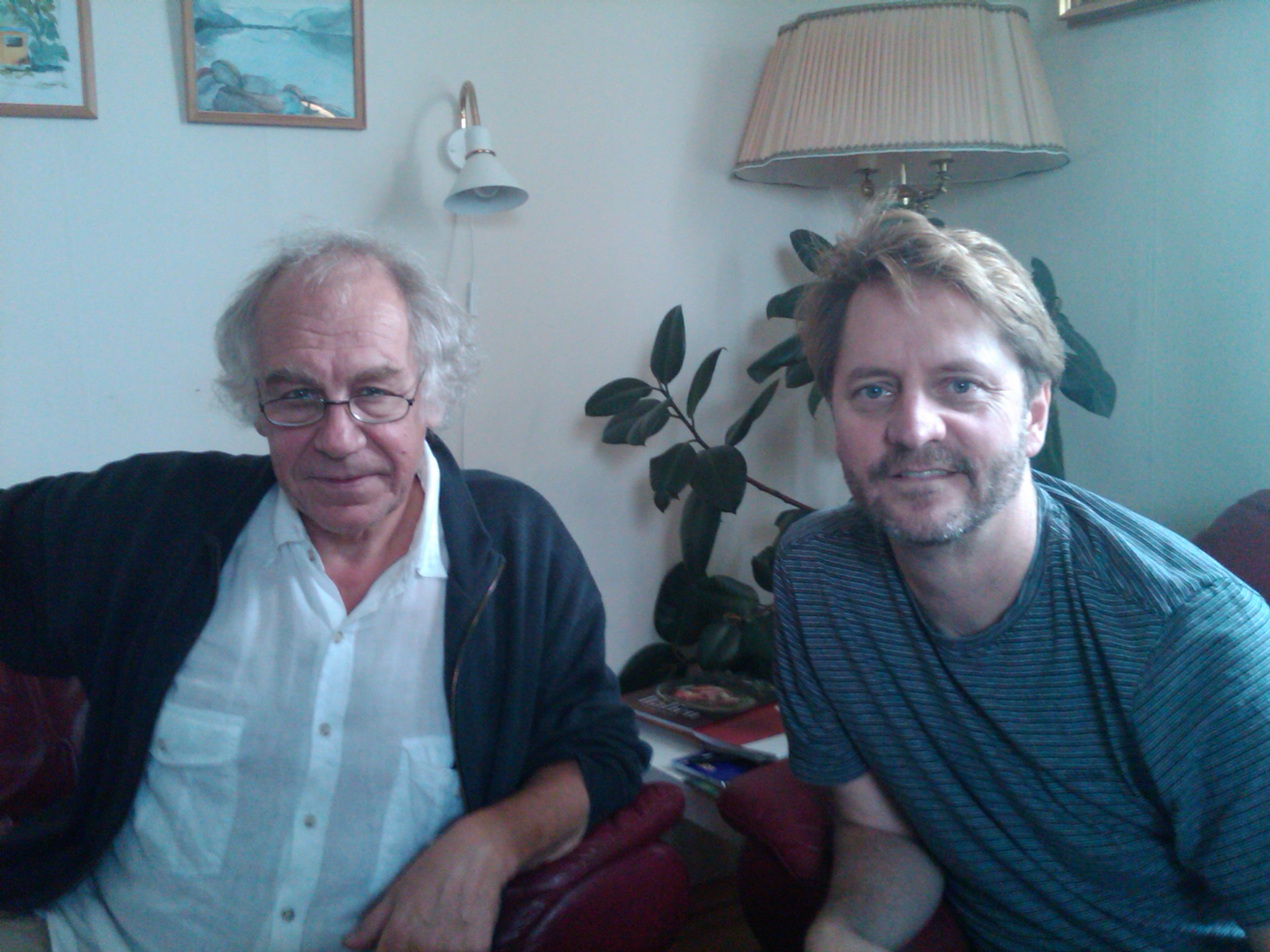This week, my colleague and friend, Dr. David Mee-Lee, sent me a link to a blogpost written by Don Kuhl. Actually, I was already a subscriber to Don’s Minful MIDweek blog (you should be too), but my travel this week had prevented me from reading his latest installment. His posts always leave me inspired and give me something to think about. This week was no different. More on that in a moment.
In the meantime, let me tell you about Don. He is the founder and CEO of The Change Companies, a company whose mission is to create tailored materials and programs to support behavioral change for special populatons. And create they do. Hundreds of bright, attractive, highly readable publications and guided workbooks for use by professionals and the people they serve. Their material is exhaustive and comprehensive, including adult behavioral health, criminal justice, education and prevention, clinical assessment, and faith-based programs. A side note, it was Don and his skillful team at The Change Companies that produced the ICCE Feedback Informed Treatment and Training Manuals. If you’ve not seen them, you should. They are the cutting edge of information about FIT.
What is most striking about Don, however, is his passion. I met him at a conference in San Francisco nearly a decade ago. On several occasions, he flew to Chicago from his home base in Carson City, Nevada just to meet, talk, and share ideas. The photo above is from one of the meetings he arranged. Don is devoted to improving the quality and experience of behavioral health services for professionals and clients alike. Simply said, Don Kuhl is cool.
In his blogpost this week, Don wrote about that meeting with Jim Prochaska, David Mee-Lee, me, and Bill Miller. He referred to it as a “highlight” of his recent professional life, a lucky event resulting from his mindful pursuit of relationships with “people who have smiles on their faces and goodness in their hearts.”
My thought? I was and am the lucky one. Thanks Don. Thanks Change Companies. Keep up the good work.










.png)



.jpg)